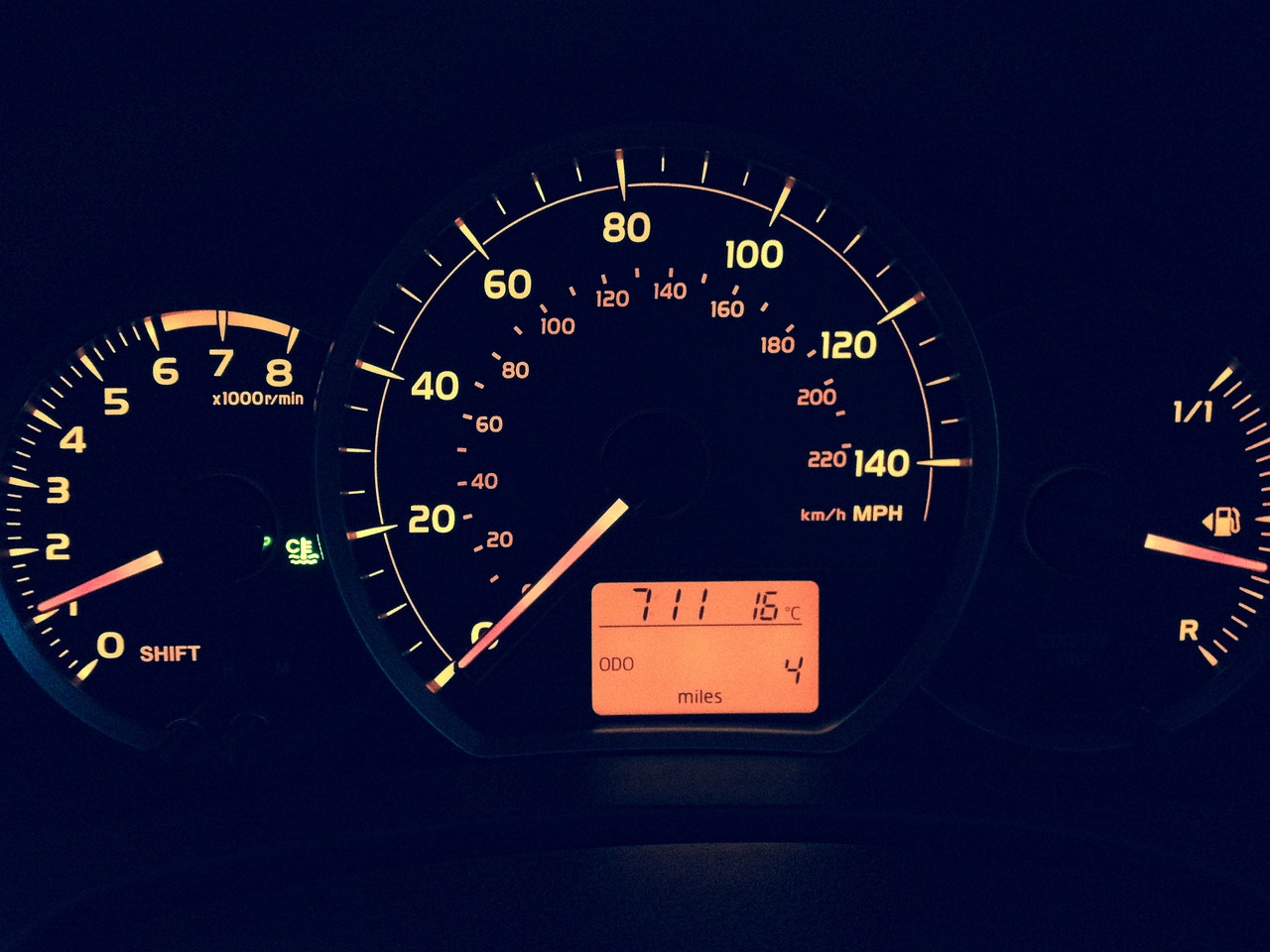Luxury cars embody prestige, performance, and a sense of heritage that transcends mere transportation. One critical aspect that influences their appeal and perceived value is reliability. In the competitive world of luxury automobiles, brand heritage plays a significant role in shaping consumer perceptions of reliability. This article explores how brand heritage influences luxury car reliability, examining the factors at play and the impact on longitudinal vehicle dynamics.
Understanding Luxury Car Reliability
Reliability in luxury cars encompasses several key aspects:
– Durability: The ability of components and systems to withstand wear and tear over extended periods.
– Performance Consistency: Maintaining consistent performance under varying conditions.
– Minimal Maintenance Needs: Fewer instances of mechanical failures or breakdowns.
– Longevity: How well the car retains its performance and functionality over time.
Luxury car buyers often prioritize reliability alongside performance, design, and brand reputation. Brand heritage, built over decades of innovation and craftsmanship, profoundly influences these perceptions.
The Role of Brand Heritage
Brand heritage refers to a luxury car manufacturer’s history, reputation, and legacy in the automotive industry. It encompasses:
– Innovation: Pioneering technologies and engineering advancements that set the brand apart.
– Craftsmanship: Attention to detail, quality of materials, and precision in manufacturing.
– Legacy: A track record of producing iconic models and maintaining high standards of excellence.
Factors Influencing Luxury Car Reliability
1. Engineering Expertise
Luxury car brands with strong heritage often leverage extensive engineering expertise. This expertise translates into superior design, robust manufacturing processes, and rigorous testing protocols that contribute to reliability.
2. Quality Control Standards
Established luxury brands maintain stringent quality control measures throughout production. From sourcing premium materials to assembling components, adherence to high standards minimizes defects and enhances reliability.
3. Investment in Research and Development
Long-standing luxury car manufacturers allocate substantial resources to research and development. Continuous innovation in automotive technology leads to advancements in reliability, performance, and safety features.
4. Customer Feedback and Satisfaction
Brand heritage fosters trust and loyalty among luxury car owners. Positive customer experiences and satisfaction with previous models influence perceptions of reliability in newer releases.
Impact on Longitudinal Vehicle Dynamics
Longitudinal vehicle dynamics refer to how a car accelerates, decelerates, and maintains speed over time. Brand heritage influences longitudinal vehicle dynamics through:
– Consistency in Performance: Most Reliable Luxury Cars exhibit predictable acceleration patterns and smooth transitions between gears, reflecting meticulous engineering and design.
– Sustained Power Delivery: High-performance engines and drivetrains maintain power output consistently, contributing to a seamless driving experience.
– Handling and Stability: Advanced suspension systems and chassis designs ensure stability at high speeds and during cornering maneuvers, enhancing driver confidence.
Case Studies: Brand Heritage and Reliability
Case Study 1: Mercedes-Benz
Mercedes-Benz, renowned for its engineering prowess and innovation, exemplifies the influence of brand heritage on reliability. Decades of automotive expertise have shaped Mercedes-Benz into a benchmark for luxury car reliability, with models like the S-Class consistently praised for their durability and performance.
Case Study 2: BMW
BMW’s legacy of precision engineering and driving dynamics underscores its commitment to reliability. The brand’s focus on integrating cutting-edge technologies while maintaining rigorous quality standards reinforces customer confidence in long-term vehicle reliability.
Future Trends and Innovations
As luxury car brands navigate future challenges and opportunities, several trends are shaping the landscape of reliability:
– Electric and Hybrid Technologies: Innovations in electric and hybrid luxury vehicles aim to enhance reliability while reducing environmental impact.
– Autonomous Driving: Integration of autonomous features requires stringent reliability testing to ensure safety and performance.
– Digitalization and Connectivity: Smart technologies and data-driven solutions are reshaping how luxury cars are monitored, maintained, and serviced for optimal reliability.
Conclusion
Brand heritage serves as a cornerstone of luxury car reliability, influencing consumer trust, satisfaction, and long-term vehicle dynamics. As luxury automakers continue to innovate and evolve, maintaining high standards of craftsmanship, engineering excellence, and customer-centricity will remain essential. The interplay between brand heritage and reliability underscores the enduring appeal of luxury cars as symbols of performance, prestige, and technological advancement. By prioritizing reliability alongside innovation, luxury car brands can uphold their legacy and meet the evolving expectations of discerning customers worldwide.

